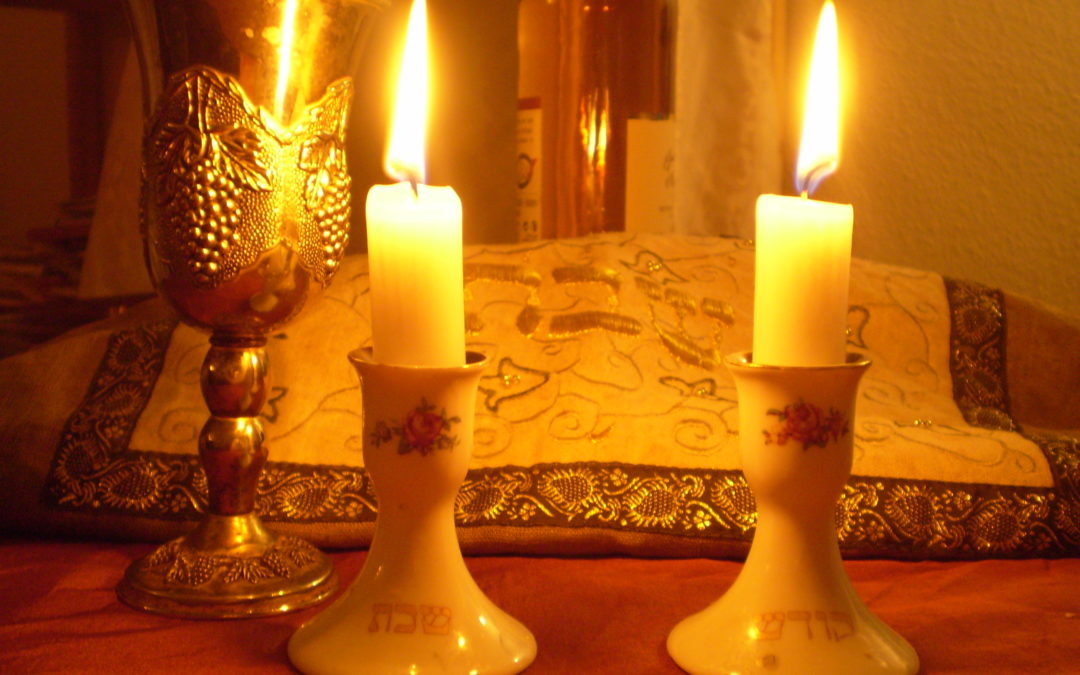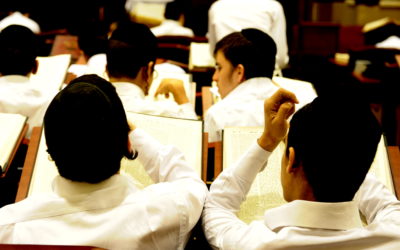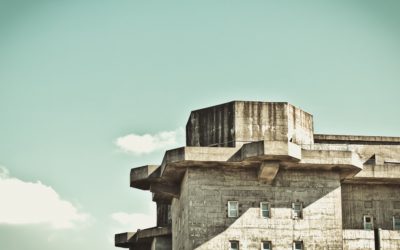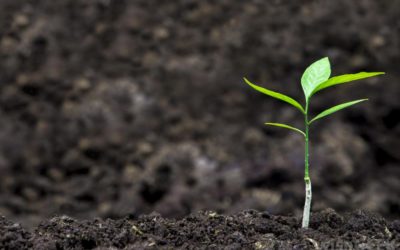By Rabbi Brant Rosen
tonight we raise the cup,
tomorrow we’ll breathe deeply
and dwell in a world
without borders, without limit
in space or in time,
a world beyond wealth or scarcity,
a world where there is nothing
for us to do but to be.
they said this day would never come,
yet here we are:
the surging waters have receded,
there is no oppressor, no oppressed,
no power but the one
coursing through every living
breathing satiated soul.
memories of past battles fading
like dry grass in the warm sun,
no more talk of enemies and strategies,
no more illusions, no more dreams, only
this eternal moment of victory
to celebrate and savor the world
as we always knew it could be.
see how the justice we planted in the deep
dark soil now soars impossibly skyward,
rising up like a palm tree,
like a cedar, flourishing forever
ever swaying, ever bending
but never breaking.
so tonight we raise the cup,
tomorrow we’ll breathe deeply
to savor a world recreated
so when sun sets once again
we can continue the struggle.
Commentary:
While the first line of Psalm 92 reads, “A Song for the day of Shabbat,” it’s words contain no specific references to the Sabbath. In this poetic translation, I attempt to make the reference to Shabbat a bit more explicit by emphasizing its liberative components. Hence my title, “Song After the Revolution.”
Jewish liturgical tradition has long associated the Sabbath with liberation. In the Shabbat evening blessing over the wine, for instance, the Sabbath is referred to as “a remembrance of the Exodus from Egypt.” Some commentators have noted that among other things, Shabbat represents a spiritual liberation from the work week: a radical break with business as usual so that we might experience a 24-hour period of the world as it should be. Shabbat thus may be seen as a weekly revolution in which the Jewish people experiences a taste of “the world to come” by ceasing creative work and devoting themselves exclusively to worship, fellowship, communal meals, contemplation and rest.
Needless to say the liturgical association of Shabbat with the Exodus has powerful political implications. Indeed, if we understand the rabbinic concept of “the world to come” less as a religious messianic belief than as a statement of social/political/economic aspirations, Shabbat represents a decidedly different kind of revolution. As it happens, traditional Shabbat observance forbids the use of money, the conducting of commerce, the utilization of energy resources etc. In a sense, Shabbat becomes a day to imagine a world that has succeeded in abolishing capitalism, hierarchy, exploitation and competition. As the words above would have it, “a world beyond wealth or scarcity/a world where there is nothing/for us to do but to be.”
For those who struggle for liberation then, Shabbat offers the weekly opportunity to cease the struggle, if but for a day, to dwell in the world that we are ultimately fighting for. As well, a day for us to renew and replenish our energy in order that we may “continue the struggle when the sun sets once again.”
READ MORE
Imagining Abolition with Haredim
By Ben Ratskoff Because Haredi communities have historically detached their work in Jewish law from the carceral Israeli state, their perspectives on incarceration seem worth exploring in order to imagine alternative political visions of...
Abolishing Prisons and Ending Racism
How to think and what to do about race in order to abolish prisons By Anonymous In 2010, I had a 4-month long psychotic episode during which time I broke several laws, including public disturbance, shoplifting, stalking and whatever it is...
Imagining the World to Come: Call for Submissions
How do we achieve real safety?




